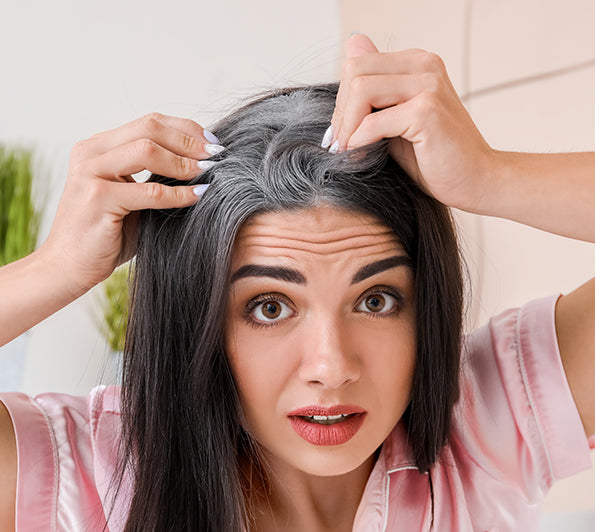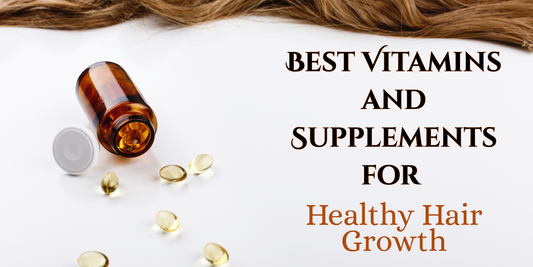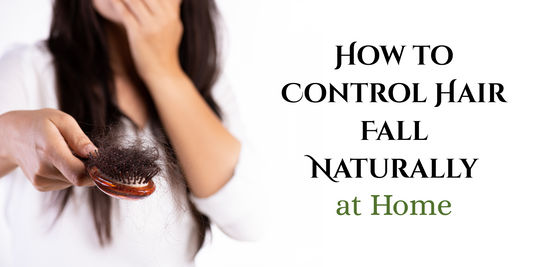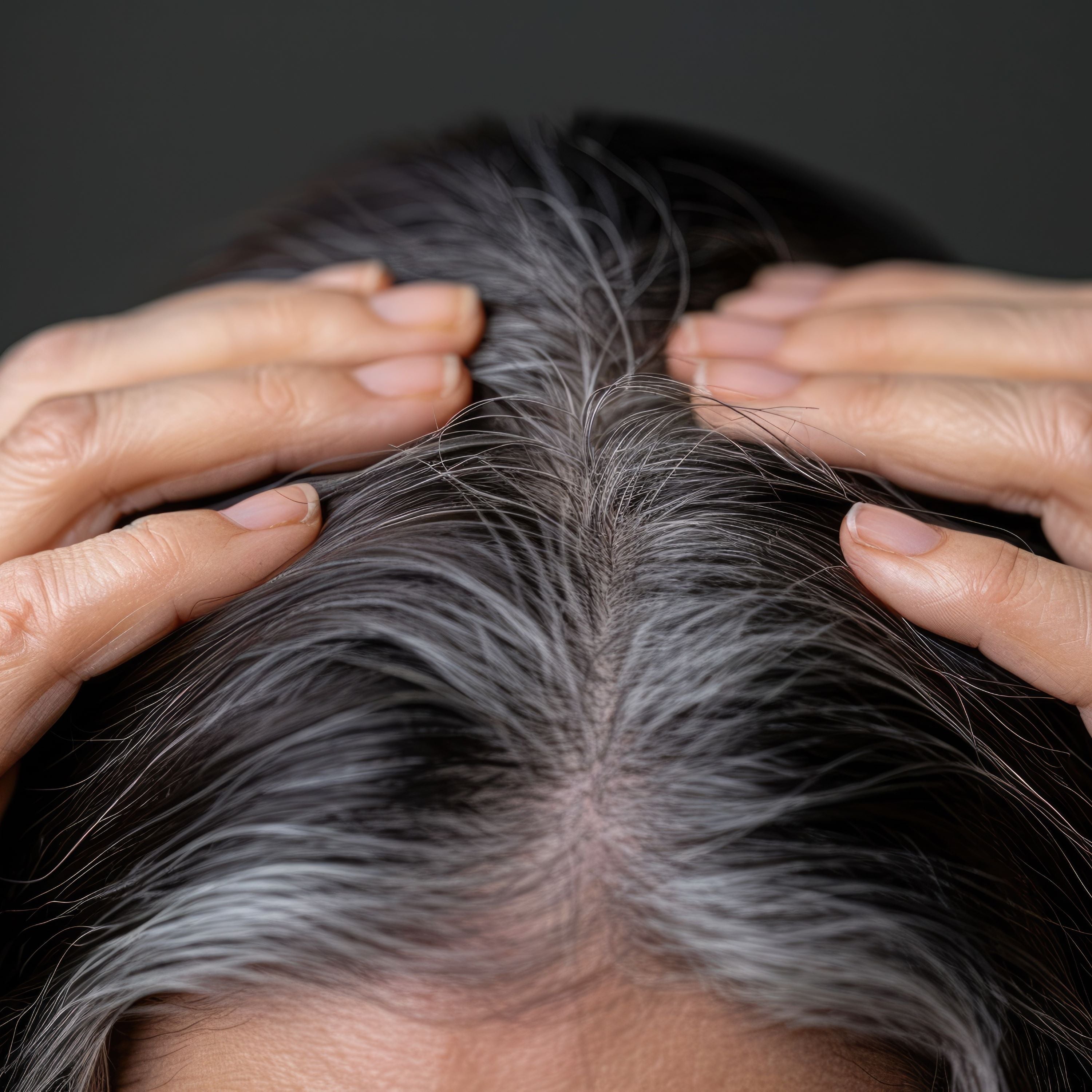
What is Premature Greying?
Premature greying, in the basic language, is a condition where your body restricts producing melanin, a pigment that keeps your hair colour as it is. When your hair loses that pigmentation at an early age, it is known as “premature”.
Symptoms of Premature Greying
Gradual fading of natural hair colour or hair pigmentation, alterations in hair texture, visibility of light or dark patches, and rise in hair thinning or shedding due to reduced melanin production are some of the common symptoms of premature greying of hair.
Causes of Premature Greying
People with a family history of greying hair at an early age, stress or anxiety, deficiency in minerals, vitamins or essential proteins, imbalance in melanin hormone, and smokers or alcoholics are 2.5 times more prone to premature greying than others.
How Common is it?
46%
of the Indian population suffers from premature greying by the age of 30
50%
prevalence of premature greying is higher in the urban population
41%
of Indian males are affected by premature greying before 25
58%
of males in India suffer from early greying of hair due to genetics
Want to find out more? We worked with our doctors to create this Ultimate Guide to PG
Premature Greying: Causes, Symptoms, and Treatment
Experiencing premature greying can be concerning for many individuals, often leading to questions about health and aging. While it's a natural process, understanding its causes and exploring effective treatments can help manage the condition.What is Premature Greying?
Premature greying refers to the early appearance of white or grey hair before the age of 20-30. It is not necessarily a sign of aging but can be influenced by various factors, including genetics and lifestyle. This condition can affect both men and women, often causing self-consciousness and altering one’s appearance.Types of Premature Greying
Premature greying can be categorized based on its onset and cause:Genetic Greying:
This type occurs due to hereditary factors. If your parents experienced greying at an early age, you might be predisposed to it as well.Environmental Greying:
Environmental factors such as pollution, sun exposure, and harmful chemicals can contribute to premature greying.How Common is Premature Greying?
Premature greying is relatively common, with studies indicating that around 50% of individuals experience some degree of greying by the age of 50. However, the onset age can vary significantly.Causes of Premature Greying
Several factors can contribute to premature greying, including:- Genetics: A family history of early greying can increase your risk.
- Vitamin deficiencies: Lack of vitamins B12, D3, and E can affect hair pigmentation.
- Stress: High-stress levels have been associated with premature greying.
- Smoking: Studies suggest a link between smoking and early greying.
- Medical conditions: Certain autoimmune diseases or thyroid disorders can lead to premature greying.
Symptoms and Complications Associated with Premature Greying
The primary symptom of premature greying is the presence of grey or white hair. Other considerations include:- Emotional distress: Early greying can lead to feelings of self-consciousness or anxiety about appearance.
- Societal perceptions: Individuals may face judgment or assumptions about their health based on their hair color.
Premature Greying Diagnosis
Diagnosing premature greying typically involves a visual examination of the hair. A healthcare provider may ask about your medical history, family history, and lifestyle factors. Additional assessments may include:- Blood tests to check for nutritional deficiencies or hormonal imbalances.
- Scalp examination to rule out any underlying conditions affecting hair pigmentation.
Treatment for Premature Greying
While there is no definitive cure for premature greying, various treatments and lifestyle changes may help manage the condition: Hair dyes: Using semi-permanent or permanent hair dyes can cover grey hair effectively. Supplements: Taking vitamins and minerals, such as B12, folic acid, and biotin, may help improve hair health. Stress management: Incorporating stress-reducing activities, like yoga or meditation, can be beneficial.Prevention of Premature Greying
While premature greying may not always be preventable, certain measures can help reduce the risk:- Maintain a balanced diet rich in vitamins and minerals.
- Avoid smoking and limit exposure to pollutants.
- Practice good hair care habits, including gentle washing and conditioning.
- Manage stress through relaxation techniques.
Blog posts
View all-

Best Vitamins and Supplements for Healthy Hair ...
Discover the best vitamins and supplements for healthy hair growth, including Biotin, Vitamin A, Vitamin C, Vitamin D, and Zinc. Learn how these nutrients strengthen hair, reduce fall, and improve...
Best Vitamins and Supplements for Healthy Hair ...
Discover the best vitamins and supplements for healthy hair growth, including Biotin, Vitamin A, Vitamin C, Vitamin D, and Zinc. Learn how these nutrients strengthen hair, reduce fall, and improve...
-

How to Control Hair Fall Naturally at Home
Learn how to control hair fall naturally at home with practical tips, Ayurvedic remedies, and lifestyle changes. This blog covers the importance of a nutrient-rich diet, stress management, avoiding heat...
How to Control Hair Fall Naturally at Home
Learn how to control hair fall naturally at home with practical tips, Ayurvedic remedies, and lifestyle changes. This blog covers the importance of a nutrient-rich diet, stress management, avoiding heat...
-

Top Ayurvedic Herbs for Hair Growth and Thickness
Discover the top Ayurvedic herbs for hair growth and thickness, including Bhringraj, Amla, Brahmi, Fenugreek, and Hibiscus. Learn how these herbs strengthen hair roots, reduce hair fall, and promote thicker...
Top Ayurvedic Herbs for Hair Growth and Thickness
Discover the top Ayurvedic herbs for hair growth and thickness, including Bhringraj, Amla, Brahmi, Fenugreek, and Hibiscus. Learn how these herbs strengthen hair roots, reduce hair fall, and promote thicker...
Frequently Asked Questions
FAQ

Can stress accelerate greying of hair?
Yes, prolonged stress can affect melanin production, the pigment responsible for hair color. Chronic stress can disrupt the normal functioning of melanocytes, potentially leading to premature greying of hair. Managing stress through relaxation techniques and healthy lifestyle choices can help mitigate its impact on hair health.
Is premature greying reversible?
In most cases, once hair has turned grey, it is unlikely to return to its original color naturally. However, addressing underlying factors like managing stress, maintaining a balanced diet, and practicing good hair care can help slow down further greying and support overall hair health.
Are there any preventive measures for premature greying?
While it may not be possible to completely prevent premature greying, certain measures can help delay its onset. Maintaining a healthy lifestyle, managing stress levels, and ensuring a balanced diet rich in vitamins and minerals can support overall hair health and potentially slow down the process of greying.
Can hair products or hair dyes cause premature greying?
Hair products and dyes do not directly cause premature greying. However, excessive use of harsh chemical-based products can weaken hair and potentially contribute to overall hair health issues, which might indirectly affect the appearance of your hair.



